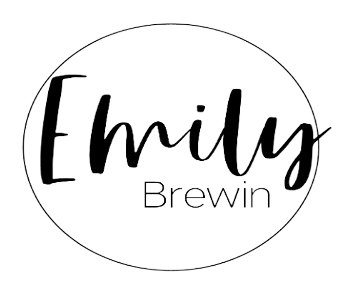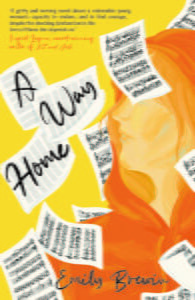I think we can all agree that so far 2020 has been pretty hard yakka. First bushfires ravaged half the country then, just when we thought it was safe to go outside, mingle and inhale the air, a certain pandemic – starting with C and ending in D bowled for us for six again.
It’s probably fair to say that many of us have reached the end of our tether, or at least caught a glimpse of it, at some point during the past six months. Personally, I’ve had a few low points and a few low, low points, involving tantrums I’m not proud of and sourdough baking envy that’s moved me to tears.
More seriously though, many of us are struggling to cope with COVID-related anxiety, depression and financial pressure, and mental health services across the country are stretched to their limit. Calls to Lifeline, for example, have increased by 25 percent from the same period in previous years.
I don’t have a solution to this, surprise, surprise, but in the spirit of World Mental Health Week (10th – 17th October) I want to suggest writing and reading as therapy. As such, I’ve collated a few juicy tidbits that I hope will help calm your nerves, spark your interest and maybe even lead to a new story… Enjoy!
Book Therapy:
Bibliotherapy with State Library Victoria
According to the State Library Victoria website, ‘bibliotherapy is a free, facilitated self-reflective approach, using stories and poems read aloud over a series of podcasts, to give everyone access to literature\’s healing power.’
The term bibliotherapy is derived from the Greek words for book, biblio and healing, therapeia.
The podcast series draws on different forms of literature from across the ages. Episodes are bite sized, no longer than 30 minutes each in duration.
To access these podcasts or for more information on the series, go to BIBLIOTHERAPY PODCASTS.
Writing Prompt:
Mindfulness writing
Being observant and able to describe the world from new and interesting angles ensures vibrant writing. The following prompt uses mindfulness to develop these skills.
Choose a small piece of food such as a sultana, a square of chocolate or a slice of mandarin. Something you enjoy eating. For the purpose of this exercise, I’ll use the slice of mandarin as an example.
Take the mandarin between your finger and thumb, and bring your full attention to it. Examine it as if it’s something completely unfamiliar to you. Note its shape, colour, texture and size. Squeeze it. Is it soft or hard?
Write down your observations without stopping to edit.
Bring the mandarin to your nose and inhale it. Take note of any thoughts, feelings, images or memories its scent evokes. Bring awareness to your mouth, throat and gut. Are they reacting? If so, how?
Write down your observations without stopping to edit.
Now place the mandarin in your mouth and hold it there for 10 seconds without chewing. Explore it with your tongue and notice the different senses it arouses. Press gently on the mandarin with your teeth. How does this feel?
Write down your observations without stopping to edit.
Chew the mandarin slowly, bringing your full attention to its taste and texture, as well as the feel of it in your mouth. Is there a burst of sweetness? Maybe, bitterness? How does it feel to sink your teeth into? Continue to chew slowly and note how these sensations change and shift.
Write down your observations without stopping to edit.
Swallow the mandarin when you’re ready. Notice how this feels in your mouth, on your tongue, in your throat as the mandarin travels to your stomach.
Write down your observations without stopping to edit.
Next time you’re writing, bring this same level of awareness and attention to the people or objects you are observing, imagining and describing.
Prizes and Competitions:
June Shenfield Poetry Award
The award is for an emerging Australian poet.
The June Shenfield Poetry Award is an annual Australia wide, poetry prize to commemorate poet June Shenfield and to encourage people to write, publish and read poetry.
First prize is $600 and second prize is $300 and third prize is $200. The winning poems and up to three highly commended poems may be published by the Centre.
Poems must not exceed 80 lines. Entries close Friday October 30th.
To enter or for term and conditions, go to the June Shenfield Poetry Award.
Thank Freak It’s Spring Promo!
In light of the fact we now have regular blue-sky days in Melbourne, which makes staying within a five-kilometer radius of home just that little bit more bearable, I’m offering a 20% discount on Writing Sparks novel courses until the end of October.
To get your fancy spring writing pants on at a great price, go to WRITING SPARKS and enter the promo code: OCT20PC
We’d love to have you on board!
More Information:
For more information about my online writing courses, mentorships and manuscript assessments go to Writing Sparks or visit my website at emilybrewin.com



